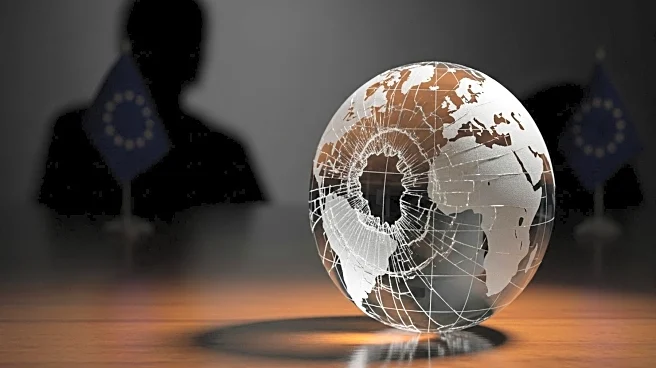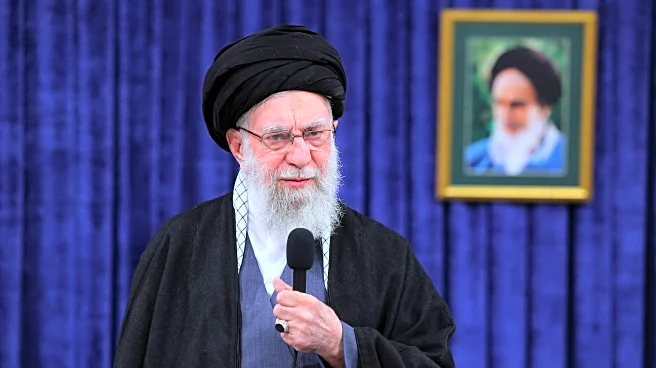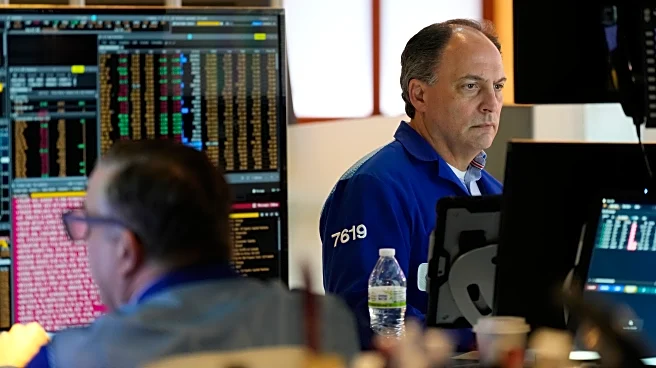What's Happening?
A Russian strike severely damaged the EU delegation building in Kyiv, leading to the EU summoning the Russian envoy in Brussels. The attack, which also affected the British Council offices, resulted in the deaths of at least 18 people, including four children. High Representative Kaja Kallas condemned the attack, describing it as a deliberate escalation and a mockery of peace efforts. The strike has drawn widespread condemnation from European leaders, including French President Emmanuel Macron and German Foreign Minister Johann Wadephul. The incident comes amid ongoing efforts by President Trump to broker a peace deal between Ukraine and Russia, with security guarantees for Ukraine being a central demand.
Why It's Important?
The attack on the EU delegation in Kyiv highlights the ongoing volatility and danger in the region, affecting diplomatic missions and international relations. It underscores the challenges faced by global leaders in negotiating peace and ensuring security in Ukraine. The incident could strain relations between Russia and the EU further, potentially leading to increased sanctions or diplomatic actions. The attack also raises concerns about the safety of diplomatic missions in conflict zones, impacting international diplomatic efforts and cooperation.
What's Next?
The EU's response to the attack, including the summoning of the Russian envoy, indicates potential diplomatic repercussions. The situation may lead to discussions among EU foreign ministers regarding further actions against Russia. Additionally, the incident could influence ongoing peace negotiations led by President Trump, as Western-backed security guarantees for Ukraine remain a critical issue. The international community will likely continue to monitor the situation closely, with potential implications for future diplomatic and military strategies in the region.










